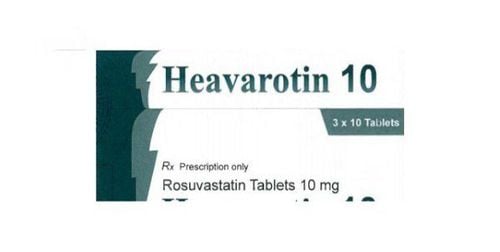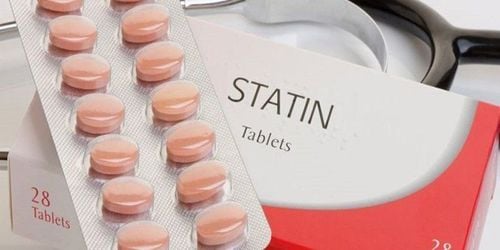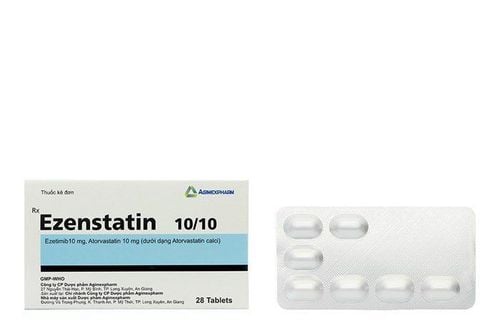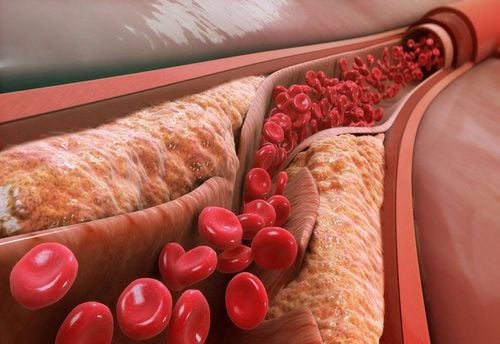This is an automatically translated article.
The article was professionally consulted by Doctor General Internal Medicine Doctor - Department of Medical Examination & Internal Medicine - Vinmec Hai Phong International General Hospital. The doctor has more than 30 years of experience in the field of internal medicine.
Cholesterol is a type of fat called lipid (fat) that is necessary for the growth of cells in the body, helping to produce hormones, bile acids and vitamin D.
1. What is cholesterol?
Cholesterol is a waxy substance found in every cell of the body. We use cholesterol to make vitamin D and hormones like testosterone and estrogen. Cholesterol helps in the digestion of food and our daily diet will affect cholesterol levels. Cholesterol travels in the blood vessels in the form of tiny particles called lipoproteins. LDL (bad cholesterol) causes plaque to build up in the arteries, increasing the risk of stroke or heart attack. High-density lipoprotein (HDL) cholesterol, also known as good cholesterol, returns cholesterol to the liver, where it is prepared to be eliminated from the body.
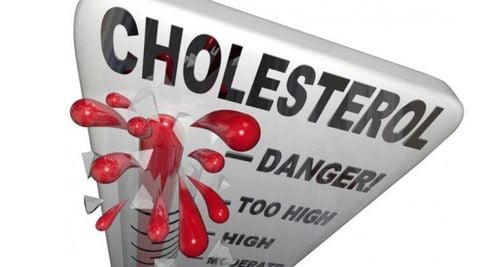
2. Why should doctors monitor cholesterol levels?
If you have too much cholesterol in your blood, it can stick to the walls of your arteries and form plaque. This condition called atherosclerosis causes complete or partial blockage of blood flow, leading to problems such as angina. It is also the leading cause of heart attack and stroke. Therefore, doctors recommend that adults over 20 years old should have their blood fats checked regularly.
You have high cholesterol if your LDL level is higher than 160 and your total cholesterol is above 240 (Total cholesterol calculation formula: HDL level + LDL level + 20% of triglyceride level). Your HDL level below 40 is also a risk factor.
In healthy adults, the optimal value of LDL should be < 100 mg/dL.
See more: DASH diet for heart health – Lowers blood pressure and cholesterol
3. Why does high LDL cholesterol lead to cardiovascular disease?
If the cholesterol level in the blood is high, it will deposit plaques of lipids, cholesterol and some other substances on the artery walls, forming atherosclerotic plaques, the blood vessel walls become thicker and harder.
These plaques can rupture, leading to the formation of blood clots that block damaged blood vessels. From there, it can lead to lack of blood to the organs nourished by that artery, the most important of which are the heart, brain and aorta, causing high fatal complications such as:
Cerebrovascular accident (stroke) Myocardial infarction Coronary heart disease Transient cerebrovascular accident Hypertension .
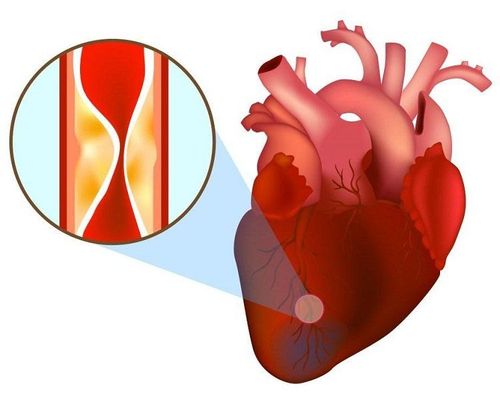
4. So how to reduce cholesterol?
4.1 Lifestyle changes
Heart-healthy lifestyle changes, which include:
Eat heart-healthy: A heart-healthy diet limits the amount of saturated and trans fats you eat. Weight control: If you're overweight, losing weight can help lower your LDL (bad) cholesterol. Physical activity: Everyone should get regular physical activity Stress management: Research has shown that chronic stress can sometimes raise LDL cholesterol and lower HDL cholesterol. Quit smoking: Quitting smoking can increase HDL cholesterol. Since HDL helps remove LDL cholesterol from your arteries, having more HDL can help lower your LDL cholesterol.
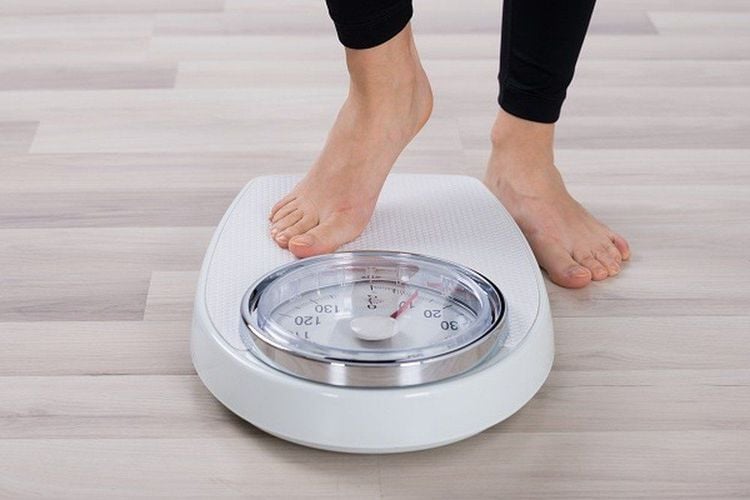
4.2 Drug treatment
If lifestyle changes alone aren't enough to lower your cholesterol, you may also need medication. The most common cholesterol-lowering drugs are statins, which help reduce the risk of heart attack or stroke. There are 4 groups of people who use statins:
People with LDL levels higher than 190 Groups with previous cardiovascular events (such as heart attack or stroke) Groups with diabetes Groups at high risk for complications cardiovascular events (such as myocardial infarction) in the next 10 years, according to calculations. If you have low HDL levels, you should understand that there are no medications that can raise HDL. So the advice to raise HDL levels is to maintain a healthy weight, eat a Mediterranean-style diet, and exercise regularly.
Vinmec International General Hospital is one of the most prestigious medical treatment units for cardiovascular diseases in Vietnam. Vinmec's Cardiology Department has always received much praise and satisfaction from domestic and international customers, being the pioneers in successfully applying the world's most advanced techniques in the treatment of cardiovascular diseases.
A team of highly qualified and experienced specialists: qualified doctors from Master's to Professor's and Doctor's degrees, reputable in medical treatment, surgery, interventional cardiac catheterization. Intensive training at home & abroad. In particular, Prof. TS.BS Vo Thanh Nhan - Cardiology Director of Vinmec Central Park was recognized as the first and only expert in Vietnam to be awarded the "Proctor" certificate on TAVI. State-of-the-art equipment, comparable to major hospitals in the world: The most modern operating room in the world; The most modern silent magnetic resonance imaging machine in Southeast Asia; The CT machine has a super-fast scanning speed of only 0.275s/round without the use of drugs to lower the heart rate; 16-sequence PET/CT and SPECT/CT systems help to detect early damage to cardiovascular organs even when there are no symptoms of the disease. Applying the most advanced advanced cardiovascular techniques in the world in treatment: Painless open heart surgery; Percutaneous aortic intervention without general anesthesia; Treatment of mitral regurgitation through the catheter has a success rate of 95%; Ventricular-assisted artificial heart transplantation for patients with end-stage heart failure prolongs quality of life beyond 7 years. Cooperating with leading cardiovascular centers in Vietnam and the world such as: National Heart Institute, Cardiology Department of Hanoi Medical University, University of Paris Descartes - Georges Pompidou Hospital (France), University of Pennsylvania (France), University of Pennsylvania United States)... with the aim of updating the most modern cardiovascular treatments in the world.
Please dial HOTLINE for more information or register for an appointment HERE. Download MyVinmec app to make appointments faster and to manage your bookings easily.
Reference source: webmd.com





